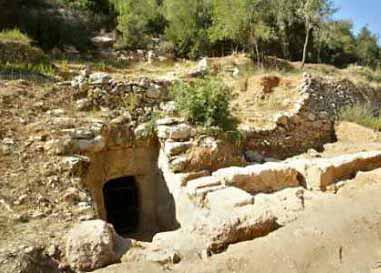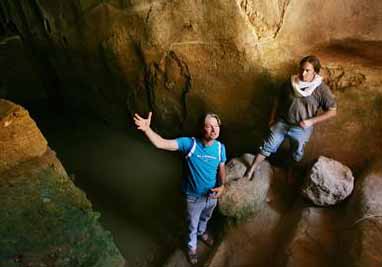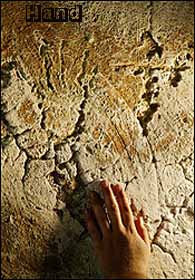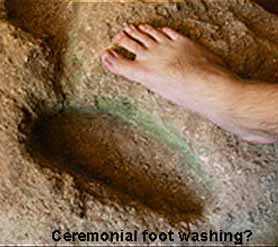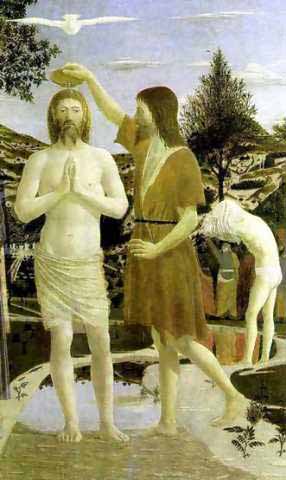

John the Baptist (c. 6 BC - c. AD 30-36) was an itinerant preacher and a major religious figure mentioned in the Canonical gospels. He is described in the Gospel of Luke as a relative of Jesus who led a movement of baptism at the Jordan River. Some scholars maintain that he was influenced by the Essenes, who were semi-ascetic, expected an apocalypse, and practiced rituals corresponding strongly with baptism, although there is no direct evidence to substantiate this. John is regarded as a prophet in Christianity, Islam, the Baha'i Faith, and Mandaeism.
Most biblical scholars agree that John baptized Jesus at "Bethany beyond the Jordan," by wading into the water with Jesus from the eastern bank. John the Baptist is also mentioned by Jewish historian Josephus, in Aramaic Matthew, in Pseudo-Clementine, and in the Qur'an. Accounts of John in the New Testament appear compatible with the account in Josephus. There are no other historical accounts of John the Baptist from around the period of his lifetime.
John anticipated a messianic figure who would be greater than himself, and, in the New Testament, Jesus is the one whose coming John foretold. Christians commonly refer to John as the precursor or forerunner of Jesus, since John announces Jesus's coming. John is also identified with the prophet Elijah. Jesus was probably a disciple of John and some of Jesus's early followers had previously been followers of John.
All four canonical Gospels record John the Baptist's ministry, as does the non-canonical Gospel of the Hebrews. They depict him as proclaiming Christ's arrival. In the Synoptic Gospels (Mark, Matthew, and Luke), Jesus is baptized by John. Read more ...
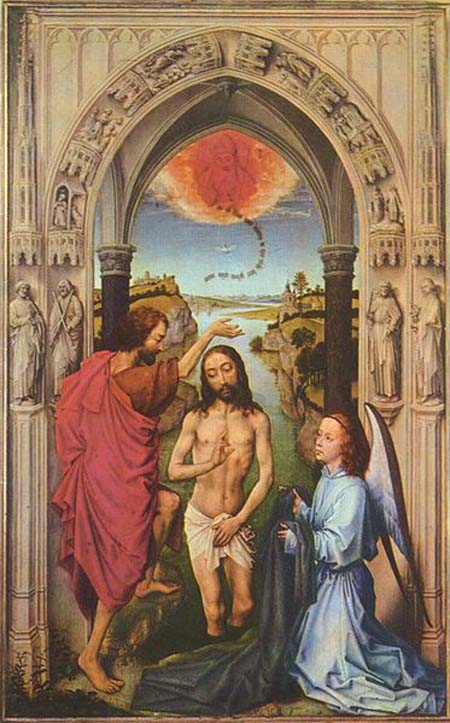
Baptism of Christ by Rogier van der Weyden (12th Century)
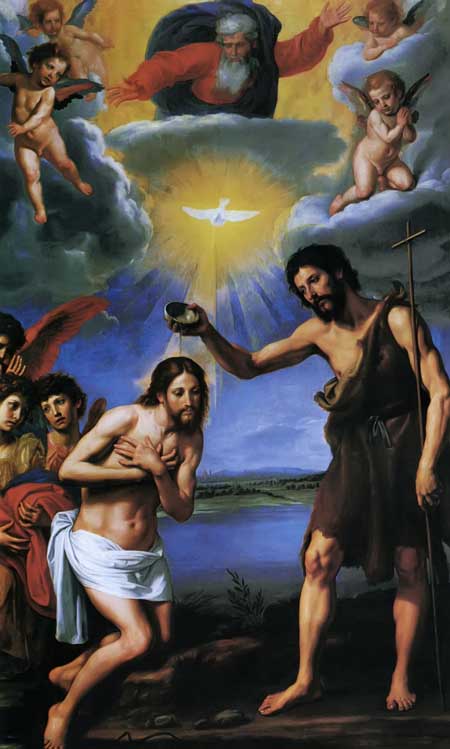
Baptism of Christ by Ottavio Vannini c. 1640
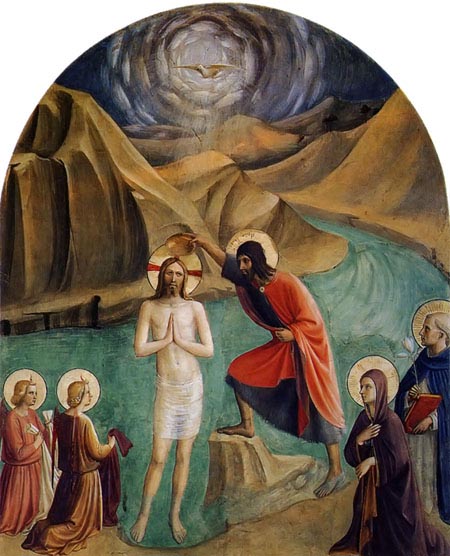
Baptism of Christ byFra Angelico c. 1425

John the Baptist by Leonardo Da Vinci
